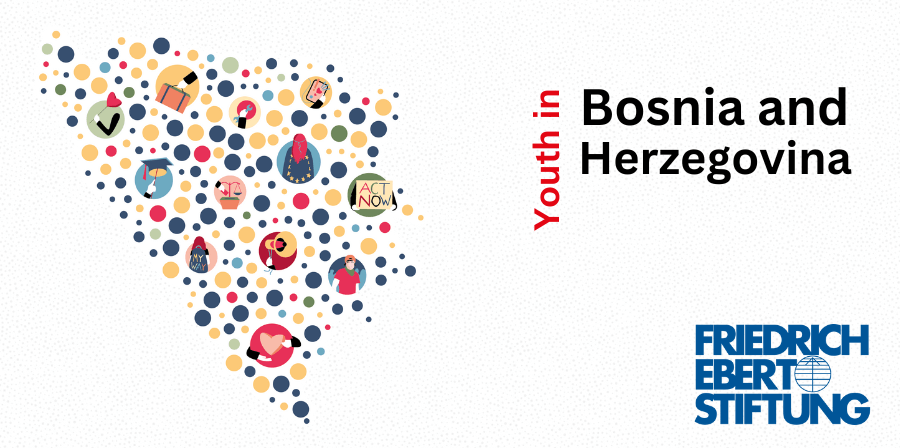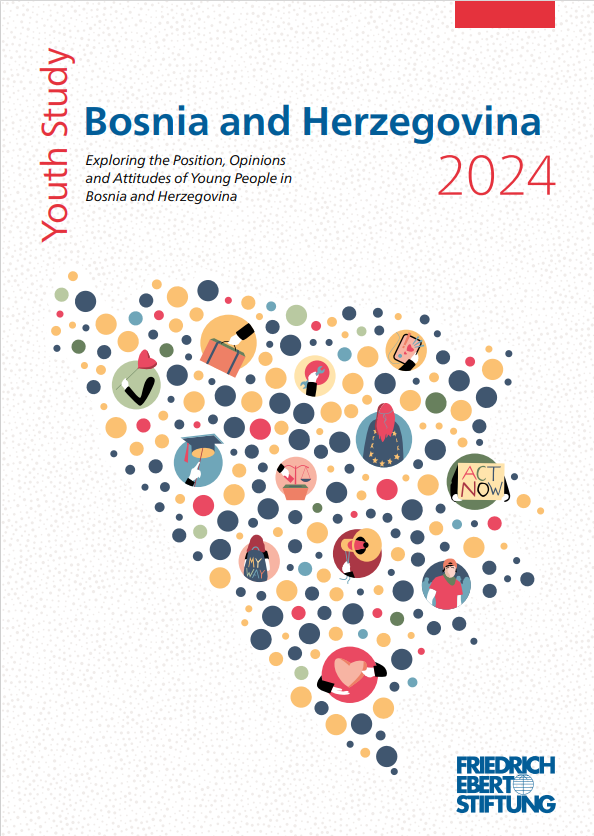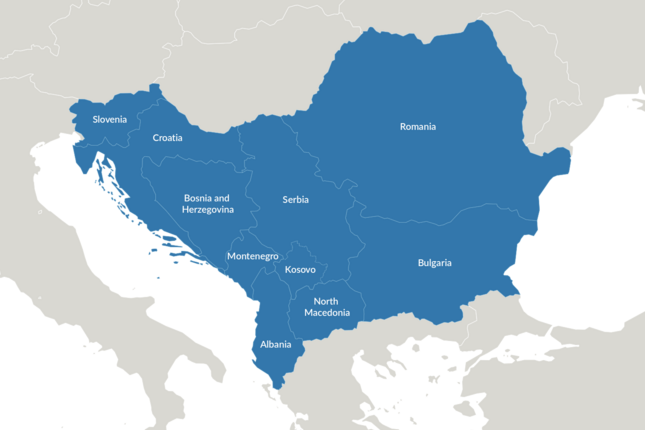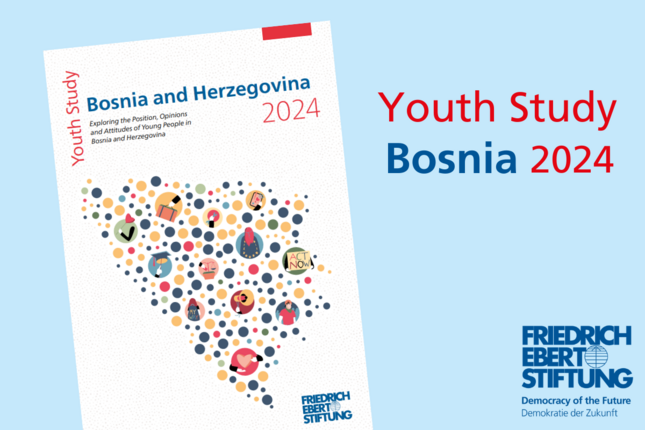
Youth Studies: Bosnia and Herzegovina
Understanding Youth Political Participation and Electoral Behavior in Bosnia and Herzegovina
Young voters have long been viewed as the harbingers of political change, yet their relationship with traditional democratic processes remains complex and often contradictory. While youth are often at the forefront of social movements and political protests, their engagement with formal electoral processes varies dramatically across different contexts. Understanding what drives young people to the polls - or keeps them away - offers crucial insights into the future of democratic participation and the evolving nature of political engagement in the 21st century.
In this article, we examine youth electoral participation in Bosnia and Herzegovina within the broader Southeast European context, before looking into the specific factors that motivate young Bosnians and Herzegovinians to cast their votes. This two-level analysis provides both a comparative regional perspective and a nuanced understanding of local youth political behavior.
Youth Electoral Participation in Regional Context
The chart below shows youth voting participation across Southeast European countries:
When examining youth electoral participation in Southeast Europe, a useful metric is the proportion of eligible voters who choose not to cast their ballot. In Bosnia and Herzegovina, among those who had the right to vote, only 15.49% chose not to exercise this right - which puts it in the middle of the abstention rates in the region. The relatively low percentage of those who abstain from voting presents a more positive picture than in countries like Bulgaria, where 31.17% of eligible youth voters abstained, or Serbia with 26.82% abstention. When we exclude those who did not have voting rights due to not being of voting age, Bosnia and Herzegovina demonstrates a solid rate of youth democratic participation, suggesting that when young people can vote, they generally do choose to participate in the electoral process.
Understanding Youth Voting Motivations
After examining the comparative regional context of youth electoral participation, we look into what drives young people in Bosnia and Herzegovina to cast their votes. When asked about their motivations for supporting particular political parties, young Bosnians and Herzegovinians reveal some surprising patterns that challenge traditional assumptions about party loyalty and political engagement.
Key Findings on Voting Motivations
The data shows two dominant factors that motivate young voters in Bosnia and Herzegovina. The most common factor, cited by 39.7% of respondents, is voting for specific individuals rather than parties, with youth indicating that "parties are mostly the same." Following closely, party ideology emerges as the second most important factor, with 32.2% of youth citing it as a motivation for their voting choice. These two leading motivations, with a relatively small gap between them, suggest that young voters balance their assessment of individual candidates with their consideration of party ideological positions.
The third most common factor, cited by 31.1% of young voters, is the attraction to parties that offer simple and quick solutions to problems, highlighting a desire for practical, results-oriented politics. While about one-fifth (20.7%) of respondents indicate that liking a party's president motivates their vote, other factors such as peer influence (15.1%), social media campaigns (13%), and parental guidance (10.2%) play notably smaller roles in youth voting decisions.
Concerning Trends
The study also uncovers several concerning trends that demand attention from policymakers and civil society organizations. Perhaps most worrying is the significant level of political apathy, with 18.8% of respondents indicating that nothing could motivate them to vote. This suggests a deep-seated disengagement from the political process among a substantial portion of youth. The data also shows a notably low influence of social networks on voting decisions, with peer influence (15.1%) and parental guidance (10.2%) playing minimal roles in young voters' choices. This pattern suggests that while young voters are making more independent political choices, they might also be increasingly disconnected from traditional social and familial political discussions.
The limited impact of modern campaign methods is particularly striking. Despite the digital age and the presumed influence of social media on young people, only 13% cite social media campaigns as a motivating factor in their voting decisions. This suggests a potential disconnect between how political parties are communicating and how young people prefer to engage with political content.
Policy Implications
These findings point to several crucial areas for policy intervention in Bosnia and Herzegovina's political landscape. The strong preference for individual candidates over party structures suggests that political parties might benefit from a fundamental shift in their approach, focusing more on developing and highlighting capable individual candidates rather than relying on traditional party machinery. This personalization of politics, however, needs to be balanced with substantive policy positions, given the significant portion of youth who still value ideological alignment.
The substantial level of political apathy among youth calls for innovative approaches to political engagement. Digital methods of political communication appear to be failing to resonate with young voters, as evidenced by the low impact of social media campaigns. Political organizations need to develop more authentic and meaningful ways to connect with young voters, possibly through more direct, person-to-person engagement and by addressing concrete issues that affect young people's daily lives.
On the Data
This analysis draws from the 2024 Bosnia and Herzegovina Youth Study conducted by the Friedrich Ebert Foundation. The study surveyed young people aged 14-29 on a broad range of topics such as education, employment, political participation, family relationships, and values. The findings provide valuable insights for understanding youth political behavior in Bosnia and Herzegovina and developing more effective youth engagement strategies.


